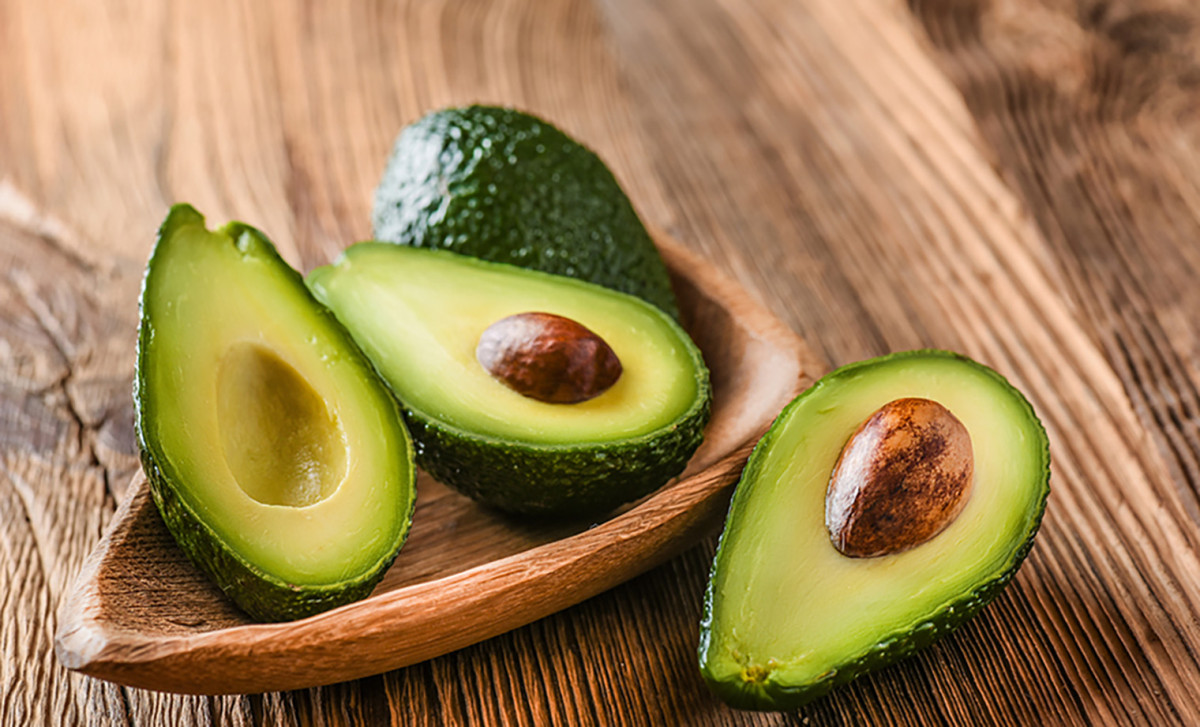FOOD
Can Dogs Eat Avocados? Health Benefits and Risks
페이지 정보
본문

Can dogs eat avocados?
Avocados are known to be a superfood, filled with healthy fats, vitamins, and minerals beneficial for us humans. For our furry little loved ones, however, this is not entirely the case. While the nutritional parts of avocado can benefit your dog, this fruit contains a fungicidal toxin called persin. That is where a controversial discussion exists about this seemingly harmless fruit. Dogs can eat the flesh of an avocado, but in small amounts and never the leaves, skin, or seed of the fruit. That is why you may have noticed this ingredient listed in some of your dog’s favorite treats or foods. This controversial food must be fed in moderation as a small amount will not lead to any toxic symptoms in dogs, but a large amount can cause issues due to its high-fat content.
Nutritional Facts of Avocado in Your Dog’s Diet
Avocados are rich in vitamins, minerals, and fiber beneficial to a dog’s health, including fatty acids (omega-3 fatty acids) and antioxidants. In particular, the vitamins and omega-3 fatty acids in avocados help keep your pet's skin healthy and coat shiny.

The Dangers of Feeding Dogs Avocados
Persin, a toxic substance in avocados
Avocados contain a toxin called persin, which is mainly found in the leaves, stems, and skin of the fruit, and the least amount detected in the flesh. In a recent study, this toxin proved that cats and dogs are not as sensitive to persin as other animals were. However, it is still unknown exactly how much persin can be lethal for your dog. Consuming more than a certain amount of persin can cause upset stomach, vomiting, diarrhea, myocardial damage, and, in severe cases, death.
High in calories and fat
One medium avocado contains about 320 calories and 29 grams of fat. That makes this superfood horrible for a dog that needs to lose weight or is at risk for obesity or pancreatitis. The high-fat content in avocados is considered a healthy fat, but a dog’s body will still process it the same way as any fat, which in large amounts can cause an upset stomach, or in severe cases, pancreatitis.
The seed, leaves, and skin of the avocado
The seed in the center of the avocado is a choking hazard if swallowed, and caution is required as it is not digested well and can cause blockage of the stomach or intestines. So ensure to only serve a few thin slices at a time and keep the pit, skin, and leaves out of sight from your pet.
Commercial foods and snacks containing avocados
Many foods and snack manufacturers use avocados to market their products as a healthy alternative. These products use avocado oil and the avocado leftovers from the oil's pressing process, making it safe to consume, and removing the persin compound in the manufacturing process. Products containing avocados can be a good source of vitamins A, B6, C, and E, as well as fiber that is excellent for digestive health and fatty acids that are important for the condition of the coat and skin.
What if my dog ate a whole avocado?
If your dog accidentally eats an avocado that has been dropped on the ground, don't worry too much, as long as he does not get into the skin or pits of the fruit. Depending on the size of your dog, it may be a risk if a whole medium-sized avocado is consumed in one sitting. Look out for symptoms, such as a change in appetite and activity, vomiting, and diarrhea.
Wondering if you can feed your dog other foods besides avocados?

Does your dog also look up at you with those puppy dog eyes whenever you are snacking on something? You know foods like chocolates should not be shared with them but do you also search the Internet every time if it’s okay to share a bite of whatever you are eating? The Buddydoc Food Dictionary provides information on hundreds of foods that we consume and informs you whether it is safe for them to consume and the nutritional benefits for your pet. If you're curious about other foods, try searching on Buddydoc!













